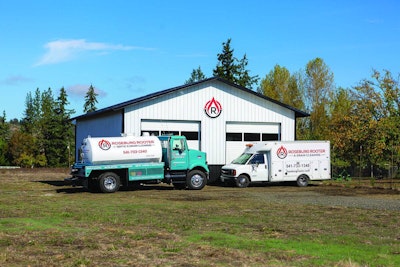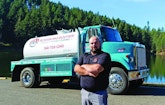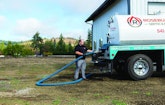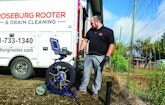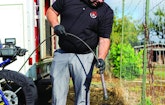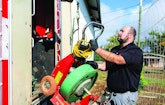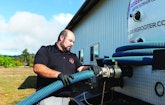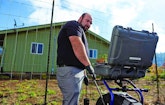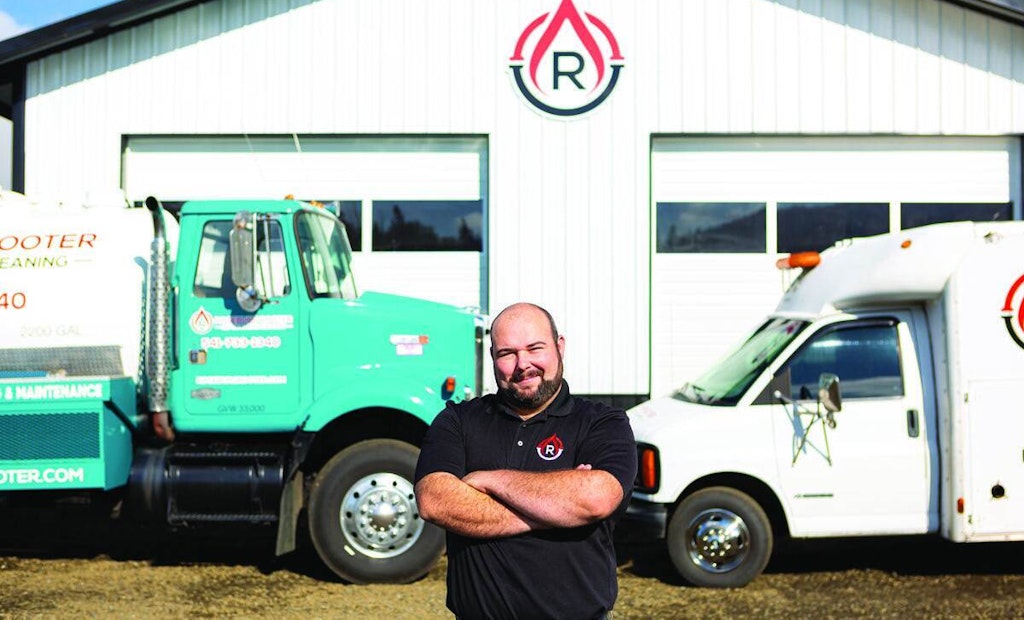Austin Willetts could have followed his father or uncle and stepped into a family-owned septic or drain cleaning business right out of high school. Instead, the Roseburg, Oregon, native opted to establish himself in another trade in town.
For a decade he worked at Roseburg Forest...
